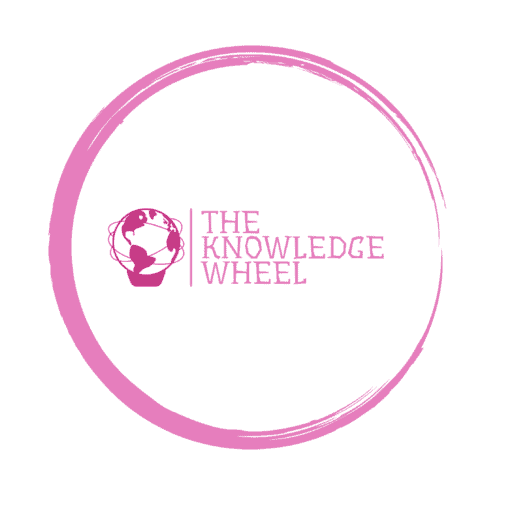Hi Mothers. I hope you are doing great with the baby and your health. We will talk about new milestones your infant has achieved but before that let’s talk about something more. It’s been quite some time now with the baby. You might have cracked the code of a baby’s hunger when he needs to nap when he needs milk. If not you will get it soon. Do not stress. It’s a new cycle for the baby to adjust and they will soon do it.
If the baby is not taking the mother’s feed can be given Formula milk which you can discuss with your doctor/nutritionist and decide which one to go for.
From this blog, you mothers would come to know the milestones for your infants which are in 3 to 6 months of age.
Drooling by Infants:
The baby would start drooling between 3 to 6 months of age which is absolutely normal and good for your baby’s gums and teething. Drooling if you do not know is basically making too much saliva and spilling it out from the mouth. But if it is too much then you can once consult your doctor. It’s always good to be on the safer side.
Introduction to Semi-Solids:
Next up is related to shifting to new food items which can be introduced to the child at this age. This is the most important topic for this age group as it plays an essential part in the foundation of your child’s health, growth, and development.
At the age of 6 months, you can introduce semi-solids to your babies now. You can start with fruit and vegetable purees like watermelon, papaya, banana, avocado, berries, peas, spinach, etc. There are several options among which you can try and develop the taste buds of your little ones. Start with a very small amount of semi-solid, around 1 to 2 teaspoons. And gradually you can increase the amount according to your baby’s intake. Post you can also start cereals intake by mixing it with breast milk or formula milk. By the age of 6 months, the baby would start gaining weight and would roughly be double the birth weight.


Your infant doesn’t need to eat everything you offer. They might not like the taste at first. But do try again after a few days. It’s advisable when you start a new food for your baby to keep giving it for three to five days so that you get to know if the baby is allergic to that specific item or not. It’s also a good idea to write down the foods your baby samples. If they have an adverse reaction, a food log will make it easier to pinpoint the cause.
As your baby gets more comfortable with eating, you can start to add a variety of foods and increase the frequency of meals. By 8 months, it’s typical for your baby to be eating one to two meals a day.
Strictly avoid sugar and salt till the age of 2 years. They get salt sugar whatever is needed for their body’s growth and development from the milk feed. The salt and sugar given apart from natural foods have adverse impacts on your baby’s health. They affect the baby’s emerging teeth growth. They hamper kidneys badly. Their kidneys cannot process high amounts of salts and sugars as they are not well developed yet. They can damage the kidneys and even cause brain damage in several cases. They do not need any extra salt and sugar in their soups, cereals, etc.
The foreign salt and sugar can also lead to dehydration. This can happen because salt can be dissolved only in water and water present in the body would be used to flush out the salt, hence leading to dehydration. Avoiding these two ingredients would also help to avoid hypertension and diabetes in your babies.
The initial stages of food intake would establish the infant’s future eating patterns. So parents have to be very careful in choosing what is being fed to your baby. It’s your responsibility to check on what is good and what is bad for your child. Stop people around you if they give something that you do not want your child to eat. They might not like the idea but you have to make them understand why you are stopping them from doing so. They will gradually understand.
Let’s discuss some of the small yet recognizable gestures by the baby between 3 to 6 months of age.
- Next in the line is your baby can see and recognize the faces he says daily. He knows who comes to look after him when he needs something or who holds him in arms mostly. Keep your smiley face in front of you little one as they now respond back. They want positivity and happiness around which will help them to stay happy.
- Focus on tummy time more. They will now keep their head and chest up during tummy times. They will wave their arms and legs more frequently.

- They will play with their toes while lying on their backs.
- Start grabbing toys with tiny hands.
- May sit for a few minutes.

- May grab their own hair sometimes and cry. This is going to be a funny moment for you parents.
- Roll from front to back on their own.
- Look from one object to another. Might follow you with their eyes if you move around them.
- Turn their heads to sounds, your voices, etc.
- They are learning the important lesson that relationships are rewarding and that they are valuable.
- Have ‘conversations’ with each other – your baby will get excited at the feeling of you responding to them, and kick their legs and wave their arms.
- Your baby will still easily become overstimulated, so take care. Too much excitement and the baby may start to cry and need to be calmed down.

These are some of the major changes and milestones your babies would develop during this period. If you’re reading this blog and feel something extra your baby has developed and achieved, please add your comment below. I would love to see your responses.
But please remember even if your infant is not showing some of the above signs it’s absolutely normal. The time and duration for showing these milestones differ for each baby in the world. So we cannot expect all of them to behave in a same pattern.
Let’s end this blog here. I’ll write and meet you in another one soon. Take care and happy life.
